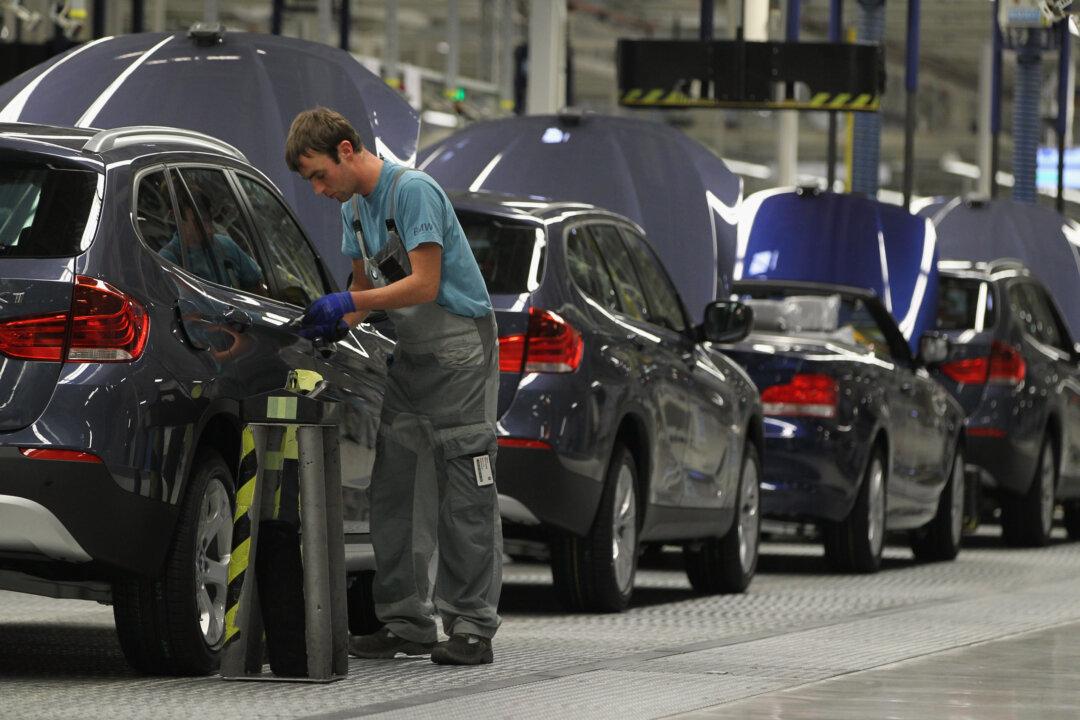BMW, Jaguar Land Rover, and Volkswagen AG used parts made by a Chinese supplier sanctioned for using forced labor, a report detailing findings of a probe by the Senate suggests.
The probe, launched by the Senate Finance Committee two years ago, discovered that some of these parts have been used in vehicles imported to the United States even after automakers assured the committee that they have “robust compliance programs” to prevent components made with forced labor from entering their supply chains.





